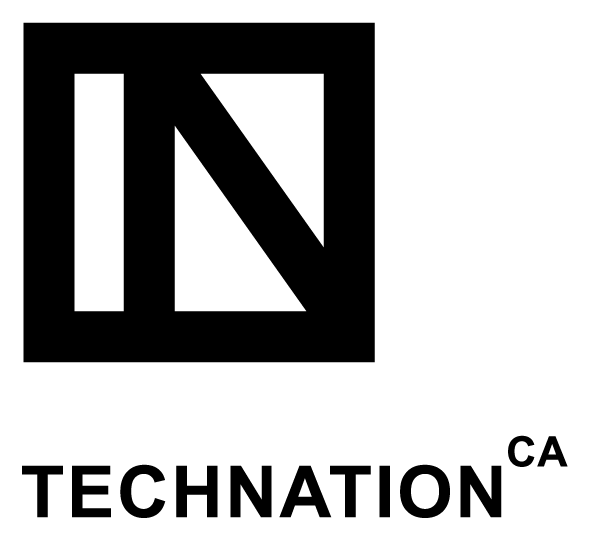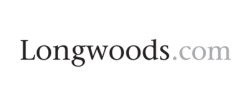Connected Health and the Internet of Things
Instructor
Laurie Lafleur, MBA, CIIP: Healthcare IT Consultant; Professor, Health Information Science; Instructor, NIHI
With ever-increasing pressure to deliver high-quality care to growing patient populations, healthcare organizations (both public and private) are tasked with finding innovative ways to improve the accessibility, efficiency, and cost of healthcare delivery while balancing the evolving lifestyle preferences and needs of both ageing and digital generations.
The purpose of this program is to introduce participants to the role of connected health applications such as the Internet of Things (IoT), Telehealth, remote care, and disease and lifestyle management in facilitating more efficient and effective care and supporting the shift from hospital to community-based care. Program sessions will focus on exploring the variety of connected health technologies and solutions currently in use or emerging in the healthcare industry and will provide tools and best practices for their successful adoption, integration, deployment, and monitoring in clinical practice. Special attention will be paid to the unique operational and privacy and security implications of these technologies, and strategies for risk mitigation and avoidance of legal and ethical issues will be discussed.
This program is for both clinical, operational, and technical senior staff and executives who are considering or planning to integrate connected health solutions into their healthcare organizations.
Upon completion you will be awarded a NIHI - McMaster CE microcredential in Connected Health and IoT. A microcredential is issued in a digital format, provides details of acquired competencies and is shareable and transportable.
Topics covered:
- Session 1 – Introduction to connected healthcare models, technologies, and benefits (i.e., IoT and Telehealth)
- Session 2 – Deep(er) dive into underlying technologies
- Session 3 – Impact on infrastructure and the role of 5G
- Session 4 – Requirements and considerations for leveraging connected health data
- Session 5 – The Innovative Mindset and the role of Innovation Procurement
- Session 6 – Developing a connected health strategy and business plan
- Session 7 – Diffusion of Innovation and Change Management
- Session 8 – Operationalizing IoT (process changes, asset management, etc.)
- Session 9 – Measuring and Monitoring Results
- Session 10 – Security, Privacy, Legal, and Ethical Requirements and considerations
Learning Objectives
- Understand the variety of applications and benefits connected technologies can bring to patients and healthcare providers.
- Equip participants with the knowledge and tools required to develop and execute strategies for adoption and integration of connected technologies in their own healthcare organizations.
- Enable participants to develop, measure, and monitor Key Performance Indicators related to the safe and effective use of connected health technologies.
- Apply best practices to ensure the security, privacy, and ethical use of connected health devices and data within regulated healthcare environments.
Expected Outcomes
You will have a comprehensive understanding of:
- Connected healthcare technologies, use cases, and benefits.
- Virtual and physical infrastructure models and requirements for supporting connected health solutions.
- The need for innovation and the Canadian Innovation Procurement program and processes.
- Best practices related to measuring and monitoring the performance of connected health solutions in clinical practice.
- Security and privacy best practices related to the introduction and integration of connected health solutions into healthcare organizations.
- Legal and ethical considerations related to the use of connected health devices and data in healthcare.
Intended Audience
- CEOs, CIOs, CMIOs, CTOs looking to drive forward connected healthcare initiatives in their organizations.
- Healthcare providers and managers with a desire to better leverage connected health devices to better support both in-facility and at-home care delivery models.
- IT and operations leaders tasked with integrating, diffusing, and supporting connected health solutions today or in the future.
- Project Managers
- Anyone responsible for information security and privacy in public or private sector organizations
Competencies Achieved
- Identify appropriate use cases and problem statements for Connected Health and IoT technologies
- Build a Connected Health and IoT business case and change management strategy
- Demonstrate the knowledge required to effectively implement and manage Connected Health and IoT devices, infrastructure, and data in distributed healthcare settings









